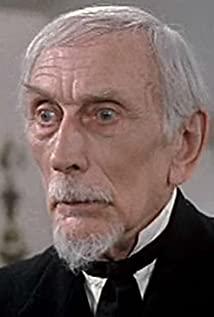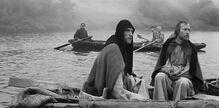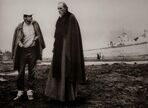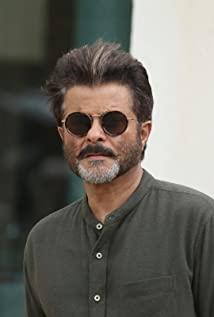-
Amiya 2022-03-25 09:01:10
Andrei Rublev
Taking the icon painter Andrei Rublev in the 15th century as the main line and taking it as a clue, it describes the long history of Russia's internal and external troubles in that era. Andre picked up the brush and put it down several times, all of which were affected by the situation of the...
-
Shanon 2022-03-20 09:01:57
Involves the film, but there are too many irrelevant content
I used to think that belief was dead and just sought a system to explain the world. In the church, a group of anti-intellectuals who force everything to the Bible can keep coming up with chicken soup for the soul. Under such circumstances, I could not feel the vitality and vitality of my faith. It...

Nikolay Sergeev
-
Moriah 2022-03-26 09:01:07
The last frescoes, the last colors. Fifteenth century gowns, horses, thunder and rain, cold and lonely in the vast world, people will be judged, sinful people will be judged, God, will you forgive the foolish, the invaders are in this land Sweeping and hurting, one crime after another. Holy Trinity, icon painting of the Catholic Church. How do I continue to draw.
-
Abe 2021-12-22 08:01:13
After turning over the subtitles, it can be counted as watching it three times, especially those lines I don’t know how many times I have heard them. This time I can switch back to "want to cry" again. After the subtitles are finished, the movie ends, and I feel like Boriska who casts a bell.
Related articles
-
Andrei Rublyov: You just spoke of Jesus. Perhaps he was born and crucified to reconcile God and man. Jesus came from God, so he is all-powerful. And if He died on the cross it was predetermined and His crucifixion and death were God's will. That would have aroused hatred not in those that crucified him but in those that loved him if they had been near him at that moment, because they loved him as a man only. But if He, of His own will, left them, He displayed injustice, or even cruelty. Maybe those who crucified him loved him because they helped in this divine plan.
-
Kirill: [admiring one of Feofan's icon paintings] As Epiphanius said in "The Life of Saint Sergeius," "Simplicity, without gaudiness." That is what this is. It's sacred... Simplicity, without gaudiness - you can't say it better.
Feofan Grek: I see you are a wise man.
Kirill: If so, is that a good thing? If one is ignorant, isn't it better to be guided by one's heart?
Feofan Grek: In much wisdom there is much grief. And he who increases knowledge increases sorrow.












